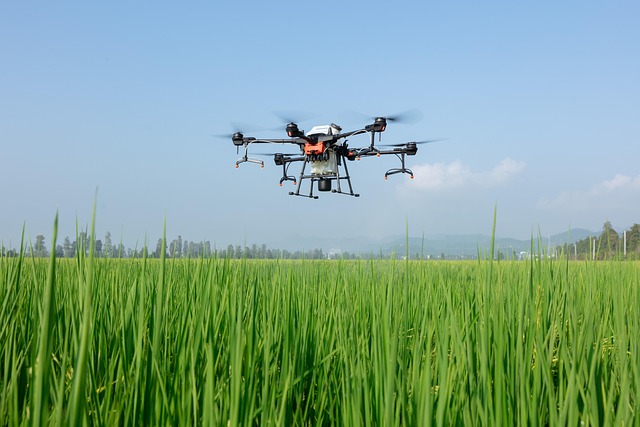Sowing the Seeds of Sustainability: Smart Agriculture for Rural Development
In recent years, the concept of smart agriculture has gained traction, reflecting a growing understanding of how technology can transform traditional farming practices. As rural communities face numerous challenges, from economic pressures to environmental changes, the integration of innovative farming methods holds the potential to not only boost productivity, but also ensure a sustainable future for rural development.
Transport Sustainability: Connecting Farms to Markets
Transport sustainability is a crucial aspect of smart agriculture. Efficient transportation systems can significantly reduce carbon footprints and enhance the marketability of rural produce. By investing in sustainable transport solutions, such as electric vehicles and optimized logistics, we can create a seamless link between farmers and consumers. This not only reduces waste and increases the freshness of products but also supports local economies.
Imagine a small farmer in a remote village, leveraging smart agriculture technologies such as precision farming tools and data analytics to optimize crop yields. With sustained partnerships with transport providers committed to eco-friendly practices, the farmer can efficiently reach urban markets, reducing spoilage and maximizing profit. Such integrative approaches respect the land, honor the efforts of farmers, and provide communities access to healthy food options.
Enhancing Rural Development through Innovation
Rural development is inherently tied to agriculture. As communities invest in smart agriculture, they lay the groundwork for a resilient economy. Innovations such as drone technology and IoT sensors can revolutionize crop management and resource allocation. These advancements empower farmers with real-time data, enabling them to make informed decisions that lead to higher yields and reduced costs.
Moreover, the adoption of smart agricultural practices can catalyze job creation in rural areas. As traditional farming evolves, so do the skill sets required for its future. Training programs and workshops can equip the next generation of rural workers with the tools they need to thrive in a tech-driven agriculture landscape. This not only fosters a sense of community empowerment, but it also lays the foundation for a sustainable future.
As we cultivate a more sustainable and interconnected world, it’s essential to recognize that smart agriculture is more than just a set of practices; it’s a mindset. By embracing innovation and prioritizing sustainability, we are not only enriching the land but also nurturing rural communities. Together, let’s sow the seeds of a prosperous, sustainable future for all.




